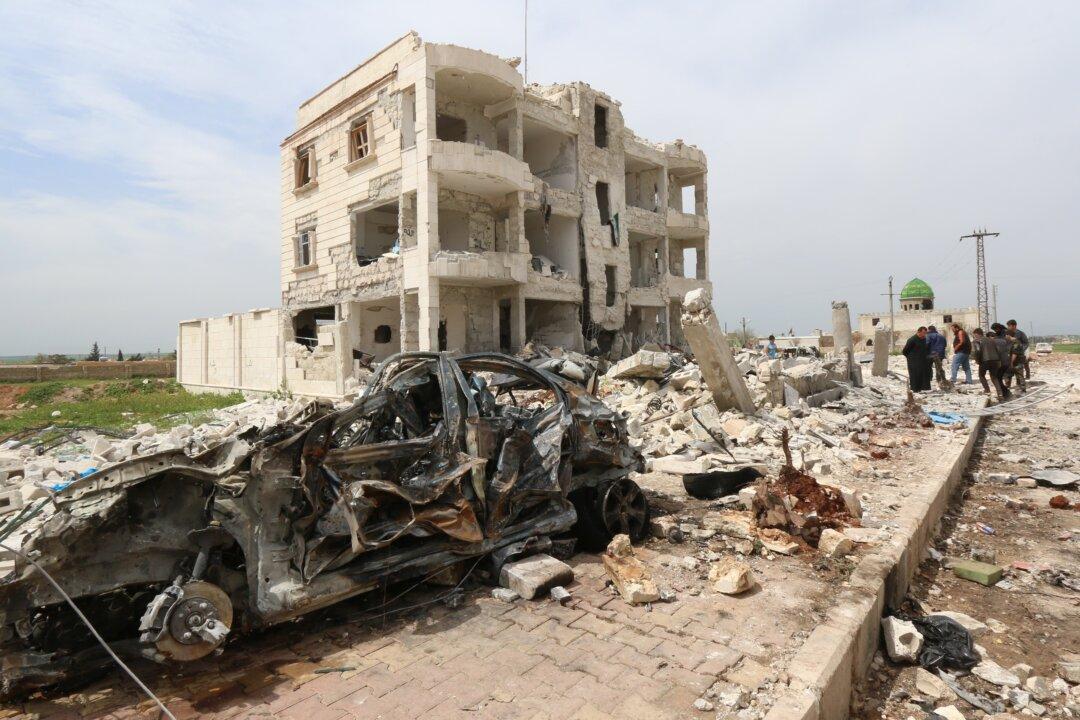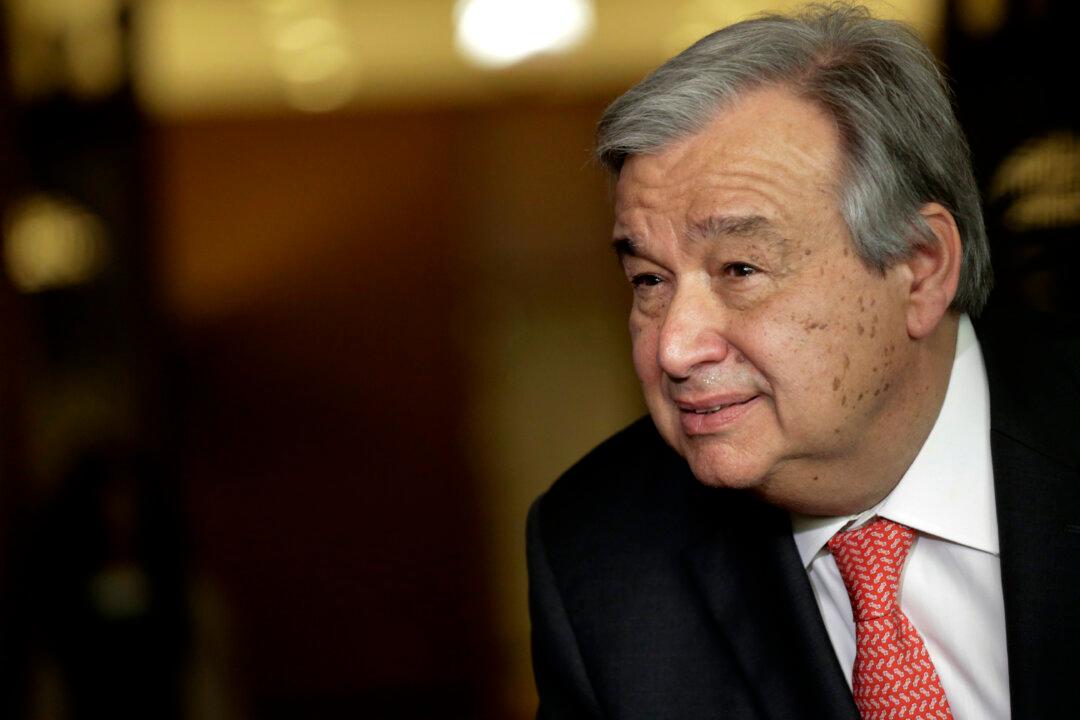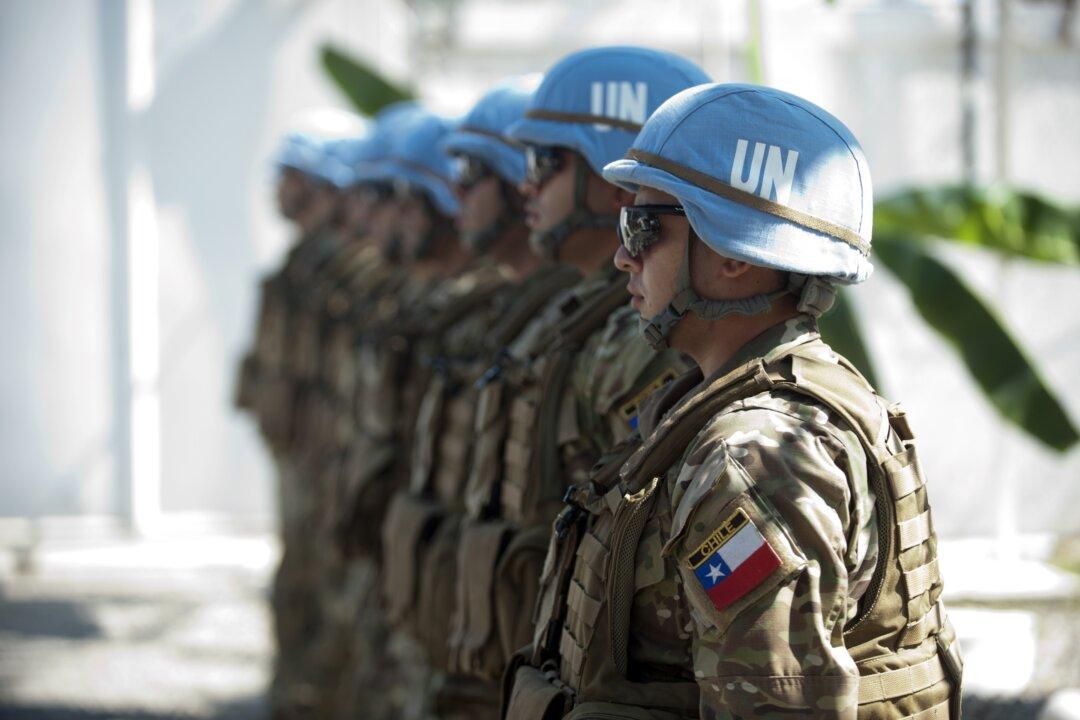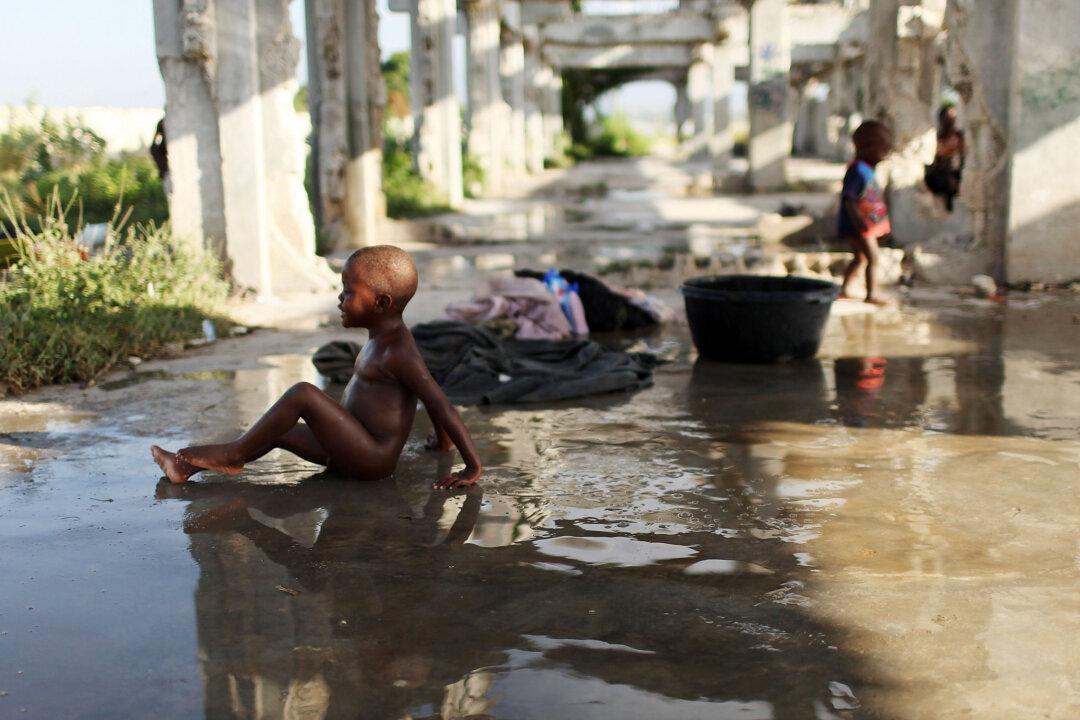Once again, this year’s Session of the General Assembly saw a renewed discussion of what role the U.N. plays in the world—and once again, these discussions have revolved around the U.N.’s inaction in Syria and its inability to deal with the so-called Islamic State (ISIS).
There seems to be an international groundswell of support for addressing the grave atrocities that ISIS has committed, but specific proposals are thin on the ground. So far, all the U.N. looks likely to do is to gather evidence of atrocities the group’s fighters have committed.
This may not sound like much, but it may be a better option than it first appears—and not just because it’s the only one that might actually happen.
The U.N. cannot intervene in Syria without Security Council authorization. There are 15 countries on the council, but its five permanent members—China, France, Russia, the U.K., and the United States—each have the power to veto any resolution unilaterally. Russia will veto any action against the Assad regime, which it is backing with considerable airpower; the U.S. will veto any action against most Syrian rebel groups.
But what about ISIS? The group has no backers among the U.N.’s member states, let alone among the Security Council’s permanent five. Even if different countries’ approaches to the problem haven’t always been aligned, there is a consensus that IS should be eradicated. So why isn’t the U.N. doing something about it?
Tied Hands
As things stand, the U.N. cannot take direct action against ISIS because ISIS is not a state. Despite its claims to the contrary, it remains a non-state actor that has implanted itself in other countries’ sovereign territory.
There are clear and widely recognized criteria for statehood: a permanent population; defined territory; a government; and capacity to enter into relations with other states. But in addition, a state is only a state when other countries recognize it as such, and deal with it in the same way they deal with other countries.
The really crucial criterion here is recognition by other states. Even if ISIS did somehow fulfill the criteria of a state, countries across the world will never recognize it as one, because if they did, they would have to treat it as they do other states.





